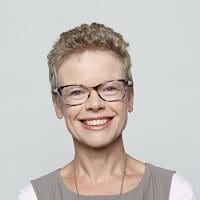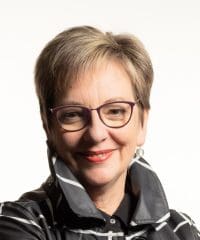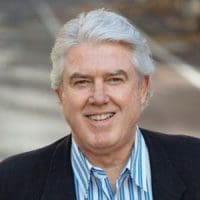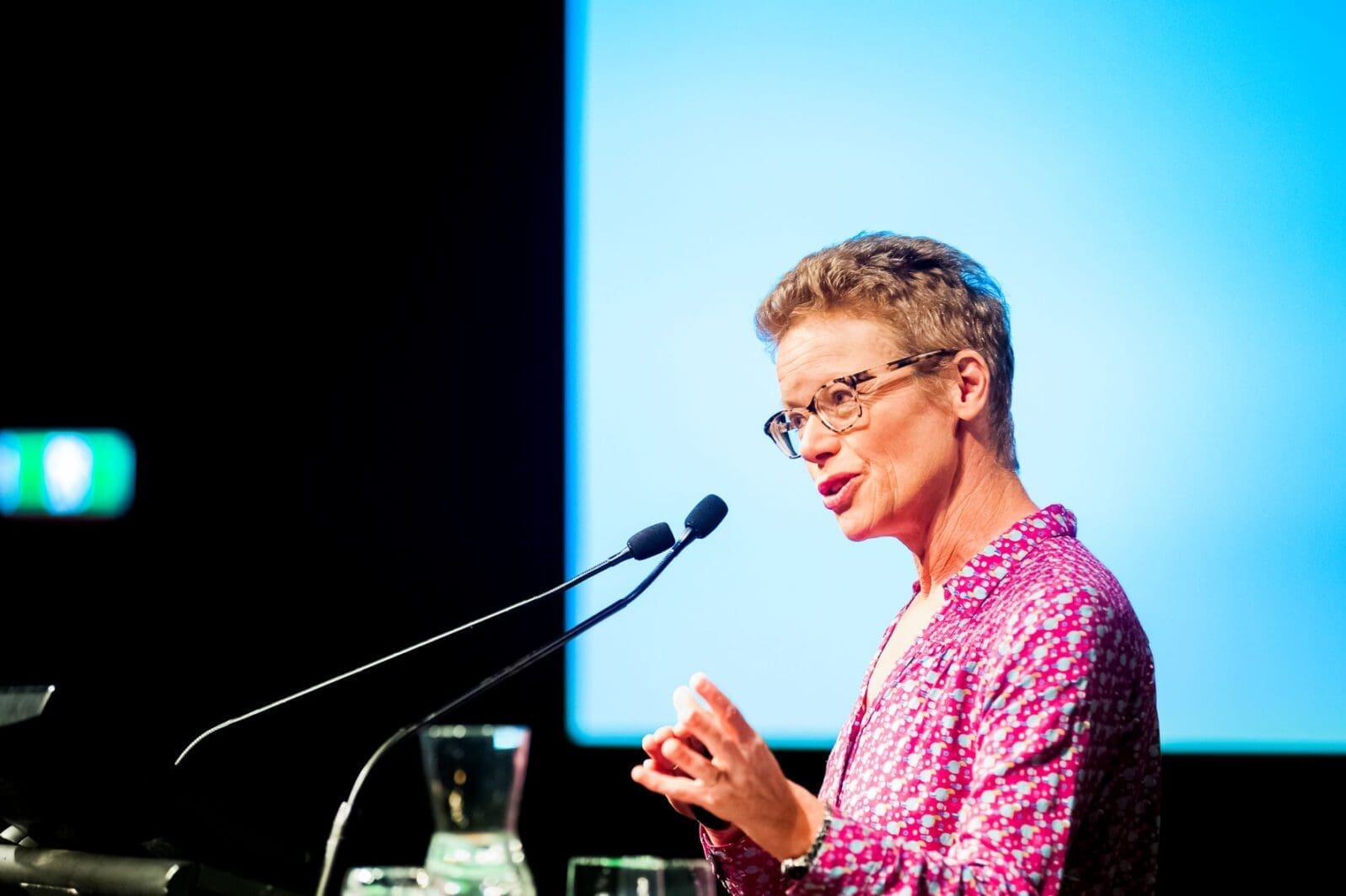International experts have called for “transformational change” to improve young children’s health and wellbeing, which lays the foundation of population wellbeing in all countries – including Australia.
Australian Academy of Health and Medical Sciences Fellow and paediatrician Professor Melissa Wake is a part of an international working group that has developed five recommendations to improve outcomes for children worldwide.
“Experts see many areas to improve our approaches for health and wellbeing in 0–5-year-olds, with a concerning trend to rising inequities by the time young Australian children start school,” Professor Wake said.
“We know that early years of life can have a major impact on mental and physical health into adulthood, which not only affects the individual, but leads to economic costs to society.
“It’s vital that we take advantage of this crucial window of opportunity to improve outcomes for children both now and for their futures.”
The Australian Academy – alongside the UK Academy of Medical Sciences and representatives from Australia, Canada, Japan, New Zealand, Singapore, South Korea, and the US – has endorsed a statement calling on governments to address inequities and drive change.
A steering committee including AAHMS President Professor Louise Baur AM led the development of the statement, which was created after a two-day workshop in the UK with international experts, including AAHMS Fellows Professors Wake and John Lynch.
To address child health challenges, workshop participants suggest that in their respective countries:
- Children and families should be at the heart of developing solutions to better health, wellbeing and equity. These solutions will require a unifying, cross-sectoral vision at local, regional, and national levels using evidence to inform decisions.
- This unifying, cross-sectoral vision will enable governments to address the inequities, often driven by poverty, discrimination, racism and other social determinants, that are leading to the decline in children’s health and wellbeing.
- Transformational change is needed over generations to improve child health and wellbeing, so policies and funding must be sustained and co-ordinated to tackle inequities.
- We already have a strong evidence base to support some effective solutions, as highlighted in the Academy of Medical Science’s UK report and by participants at the workshop; policymakers should focus on implementing these solutions, working closely with children and families.
- Researchers should work across borders and disciplinary boundaries to investigate the factors affecting the health and wellbeing of young children. This should be supported by data and evaluation platforms such as Australia’s Generation Victoria (Vic), BEBOLD (SA), Kids-Link (NSW) and ORIGINS (WA). With complementary strengths, these can support nimble monitoring, testing and evaluation of new approaches, programmes and policies, and economic assessments to guide resource allocation decisions.
Read the full statement on the UK Academy of Medical Sciences website.
Media: AAHMS Head of Media and Communication Katie Rowney, [email protected] or P: 07 3102 7212 M: +61 (0) 419 787 551
About the experts
Professor Melissa Wake FAHMS is a paediatrician, community child health researcher and Scientific Director of the Generation Victoria (GenV) initiative led from the Murdoch Children’s Research Institute. She works with families to create cell-to-society research cohorts designed to help test solutions to the complex issues children and parents face today.

Professor Louise Baur AM PresAMHS is a paediatrician and internationally recognised child and adolescent obesity researcher. She is Professor of Child and
Adolescent Health, incorporating the Douglas Burrows Chair of Paediatrics, at the University of Sydney Medical School and a Consultant Paediatrician at The Children’s Hospital at Westmead.

Professor John Lynch FAHMS is Professor of Epidemiology and Public Health at the University of Adelaide, South Australia. His research interests include child health and development, social and health inequalities, and Translational health science across research, policy and practice.


